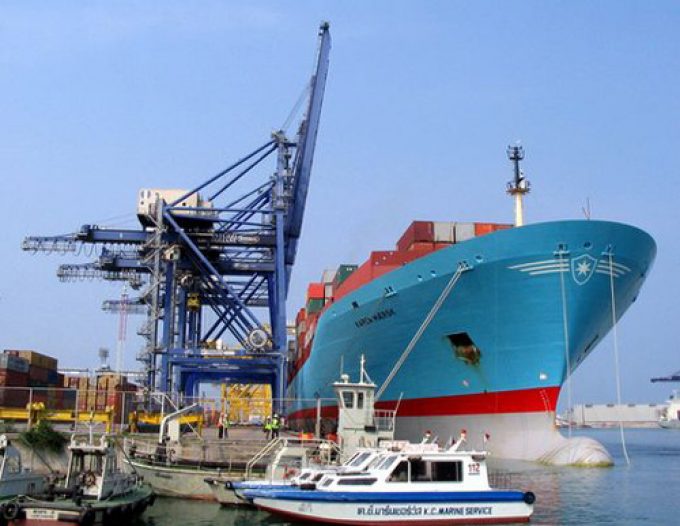Thailand plans links to neighbours with network of inland container ports
Port Authority of Thailand (PAT) plans to develop inland container ports to serve as trucking ...

Thai utility group Gulf Energy Development, Thai state-owned oil and gas company PTT and Chinese state-owned marine civil engineering group China Harbour Engineering Co (CHEC) have formed a consortium, GPC International Terminals, to build two container terminals in Thailand’s largest port, Laem Chabang.
Owned by Thai ...
Comment on this article